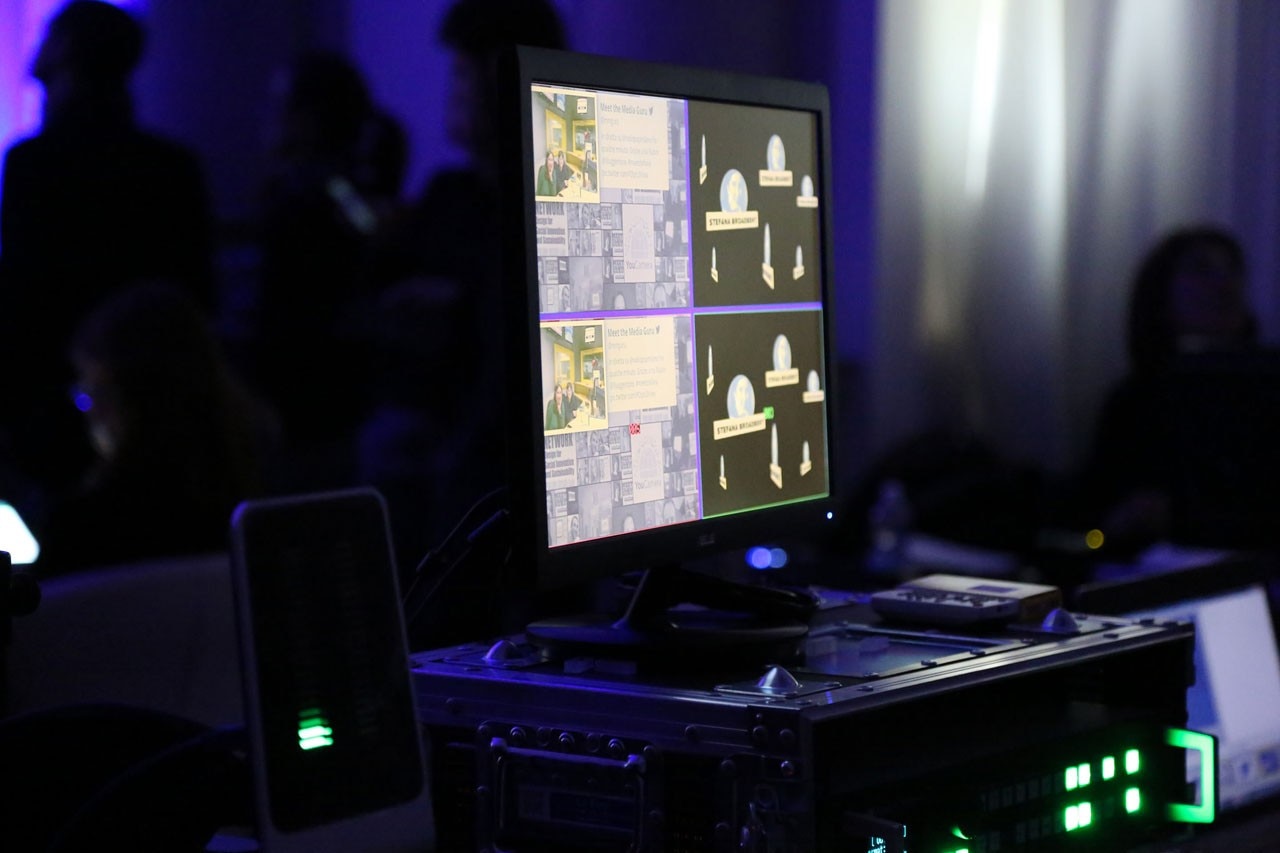
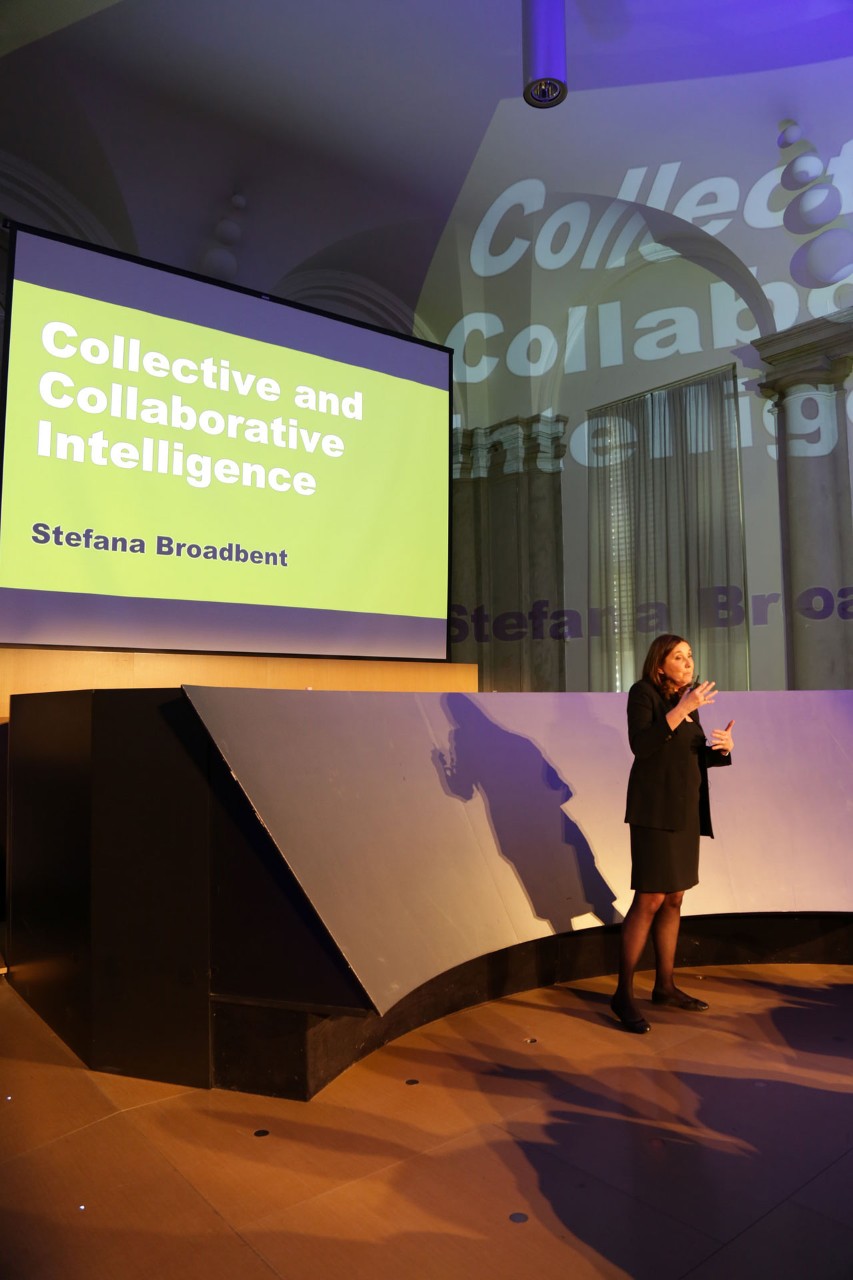
Today this wealth circulates around the channels of the web in thousands of different forms: it is visible to all and easy to access. It is no longer a dream or a hypothesis but a very concrete reality that can be analysed and evaluated. This is exactly what Stefana Broadbent has been doing for some years, a media anthropologist, head of the department of collective intelligence at Nesta in London, one of the most active charities for promoting innovation, recently a guest at Meet the Media Guru at the Palazzo Affari and Giureconsulti in Milan.
“Today knowledge is transmitted increasingly often outside traditional contexts. Thanks to the web we have available a great resource, close to every one of us and ready to use – explained Broadbent, author also of an essay published in Italy Internet, work, private life (Il Mulino, 2012) – it is precisely the vast diffusion of such knowledge and its being outside of a specific context that constitutes the great novelty of the scenario we find ourselves in”. So it is time to ask how this wealth is actually exploited and what prerogatives the most successful services have. A case in point is certainly that of Wikipedia, the online encyclopaedia created by the actual users that today has more than 35 million entries and continues to grow. But the scholar invites us to also consider the case of open-source software, made public by the authors themselves in such a way that others can make modifications or improve it: among the most well-known examples are the Linux operating system and the Firefox browser.
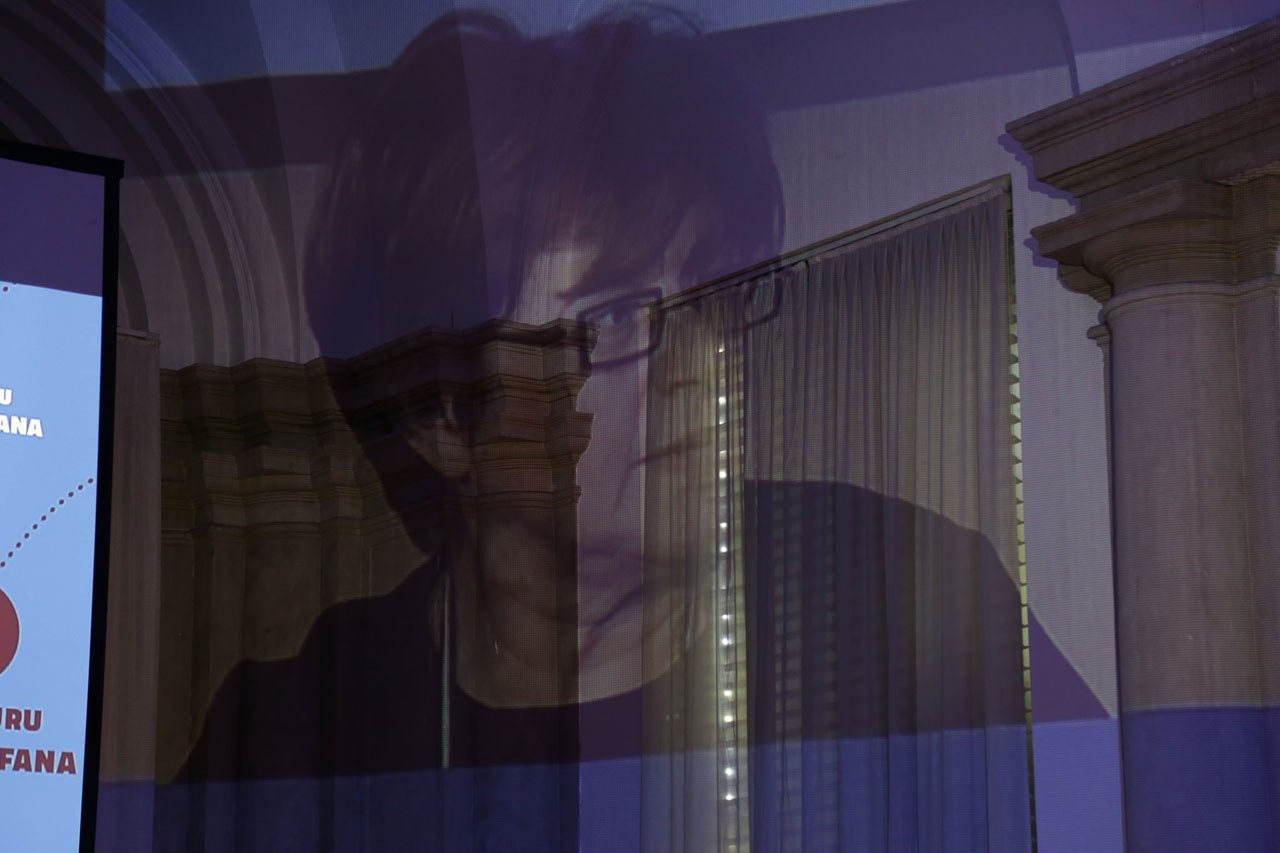
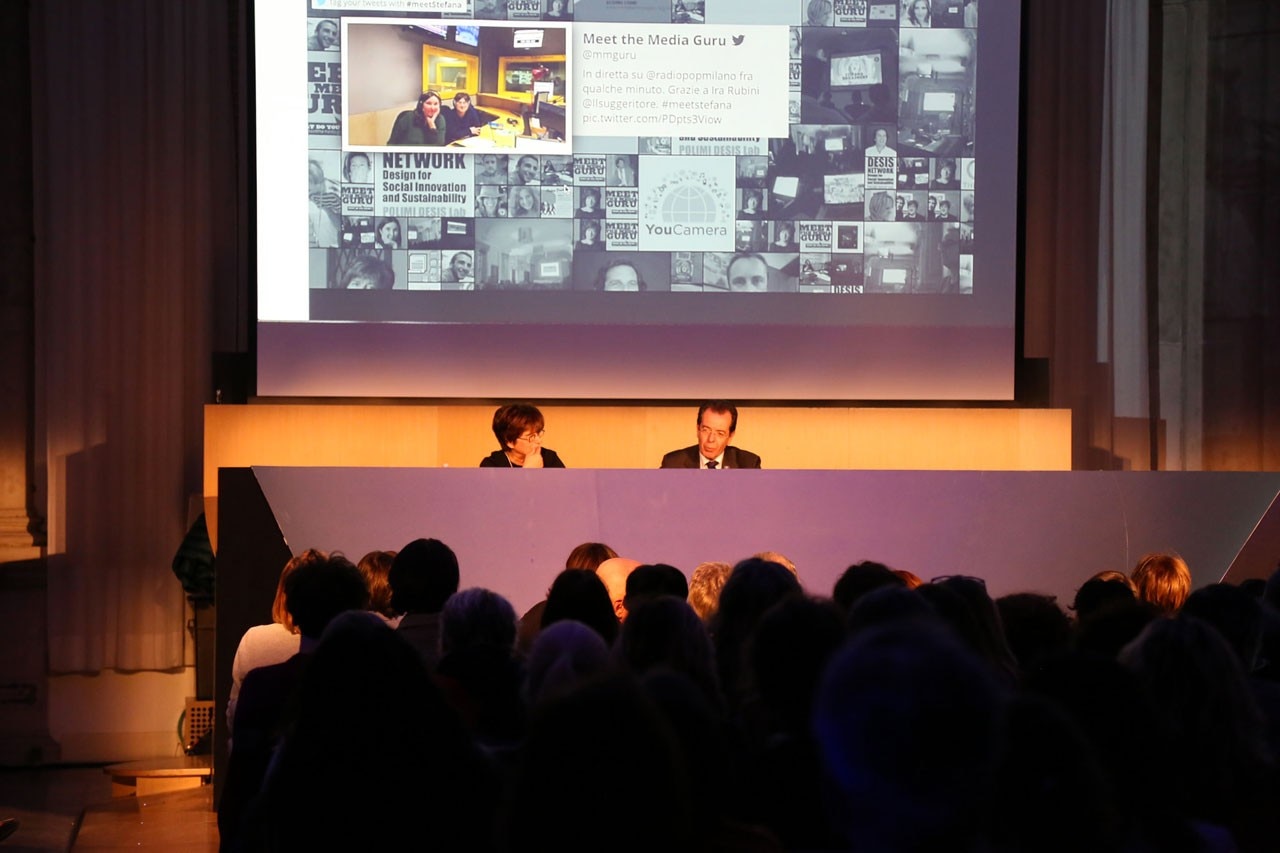
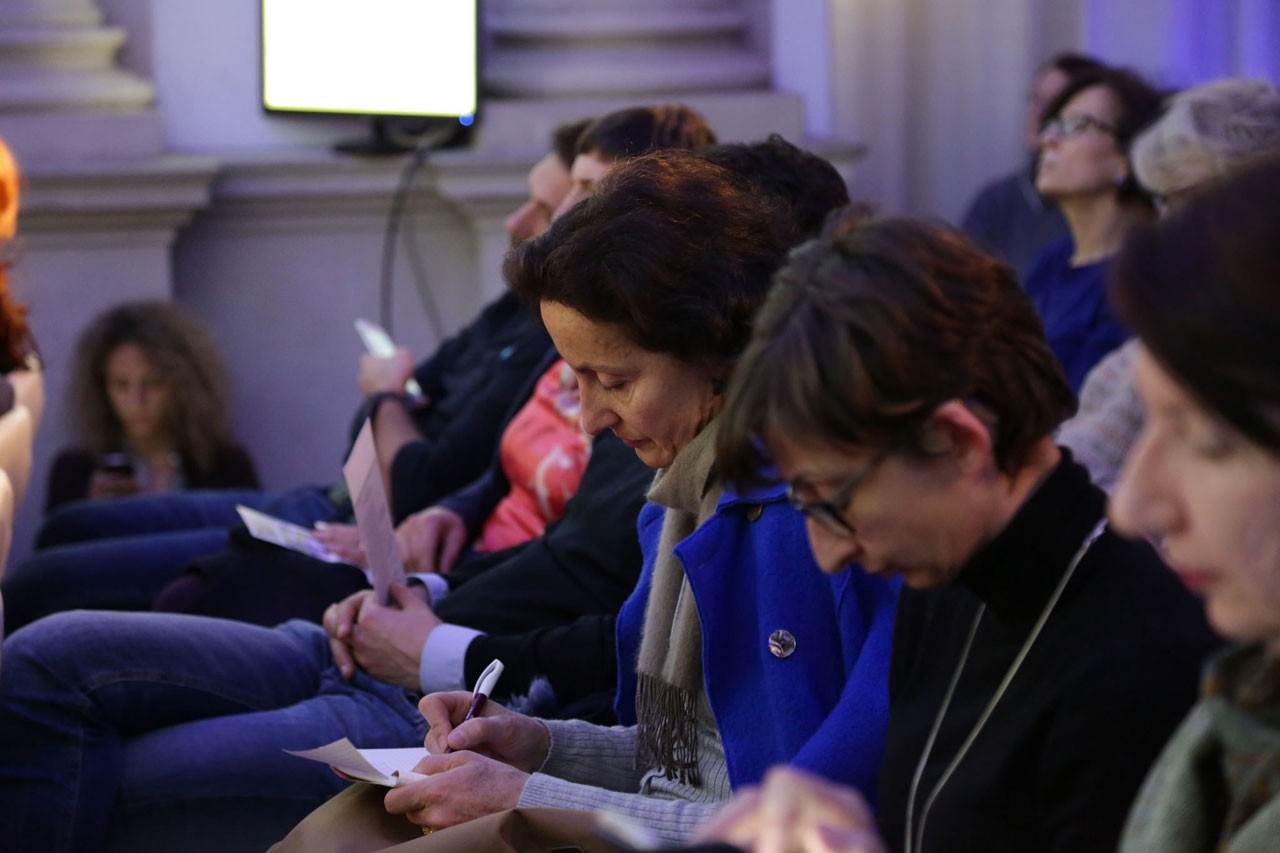
Stefana Broadbent: knowledge commons e sapere collettivo
Meet the Media Guru


